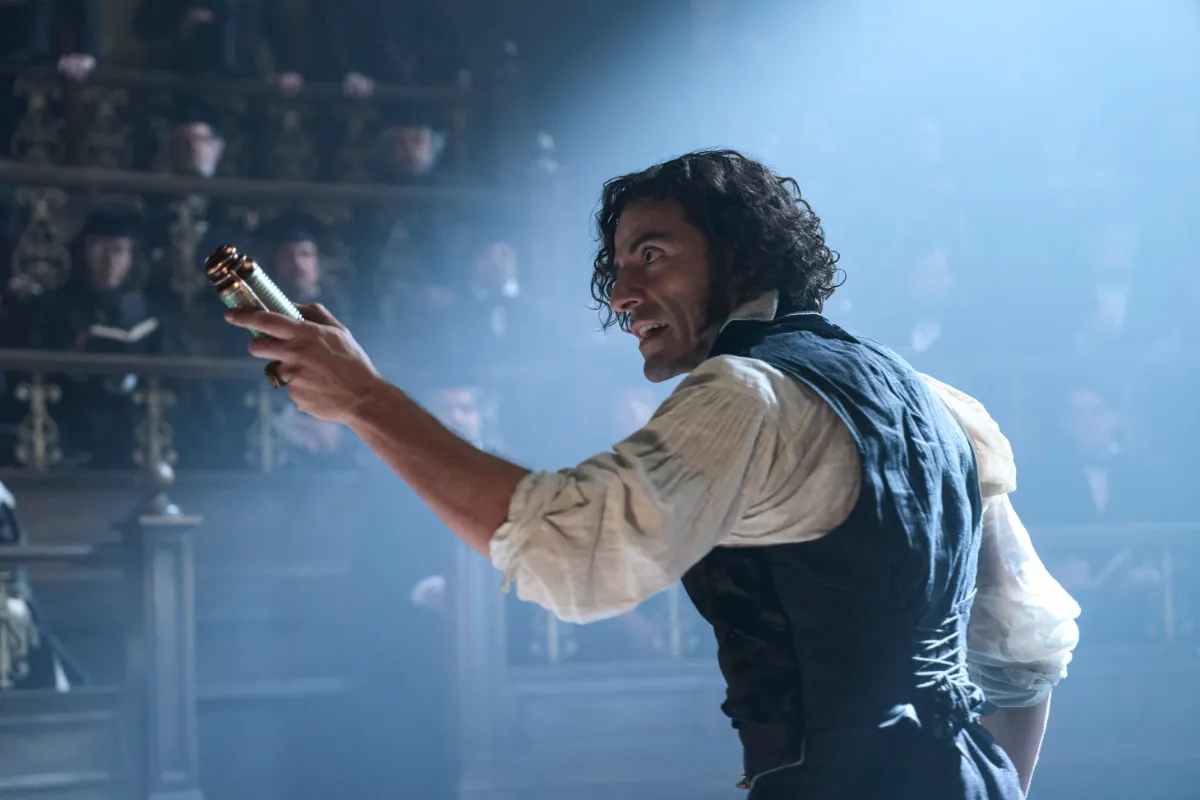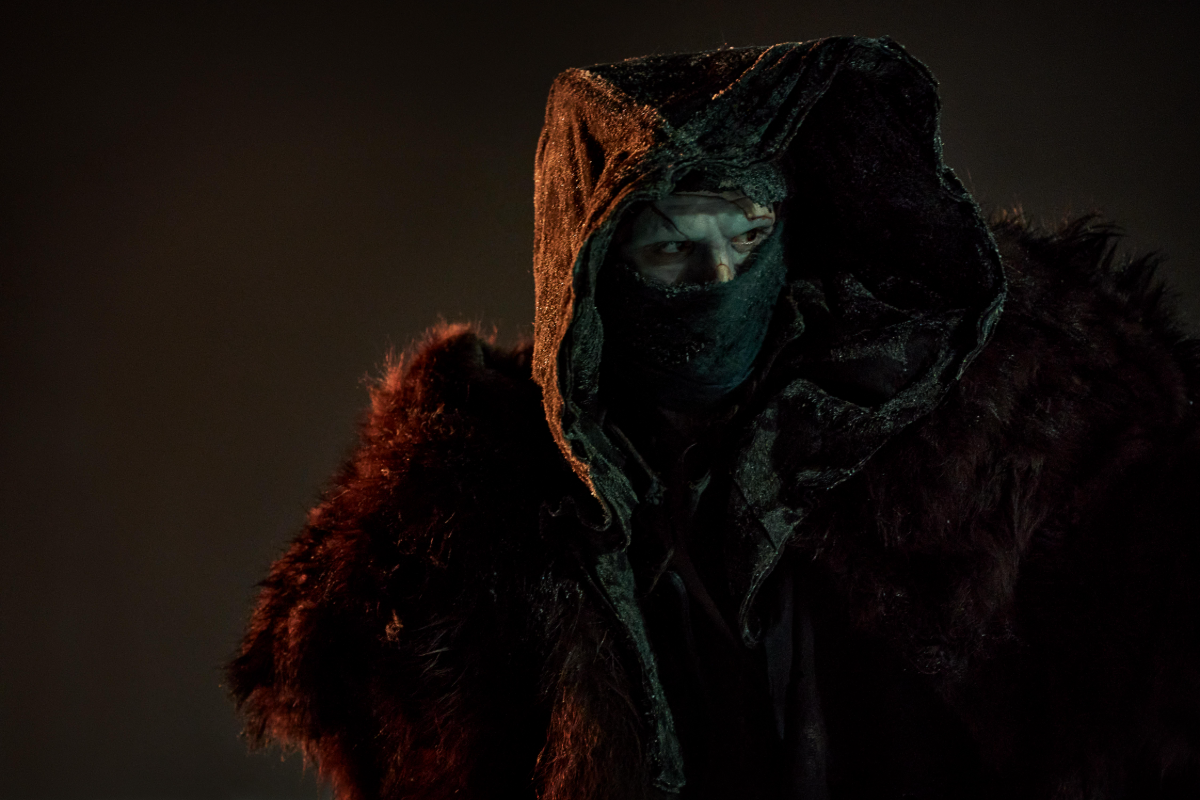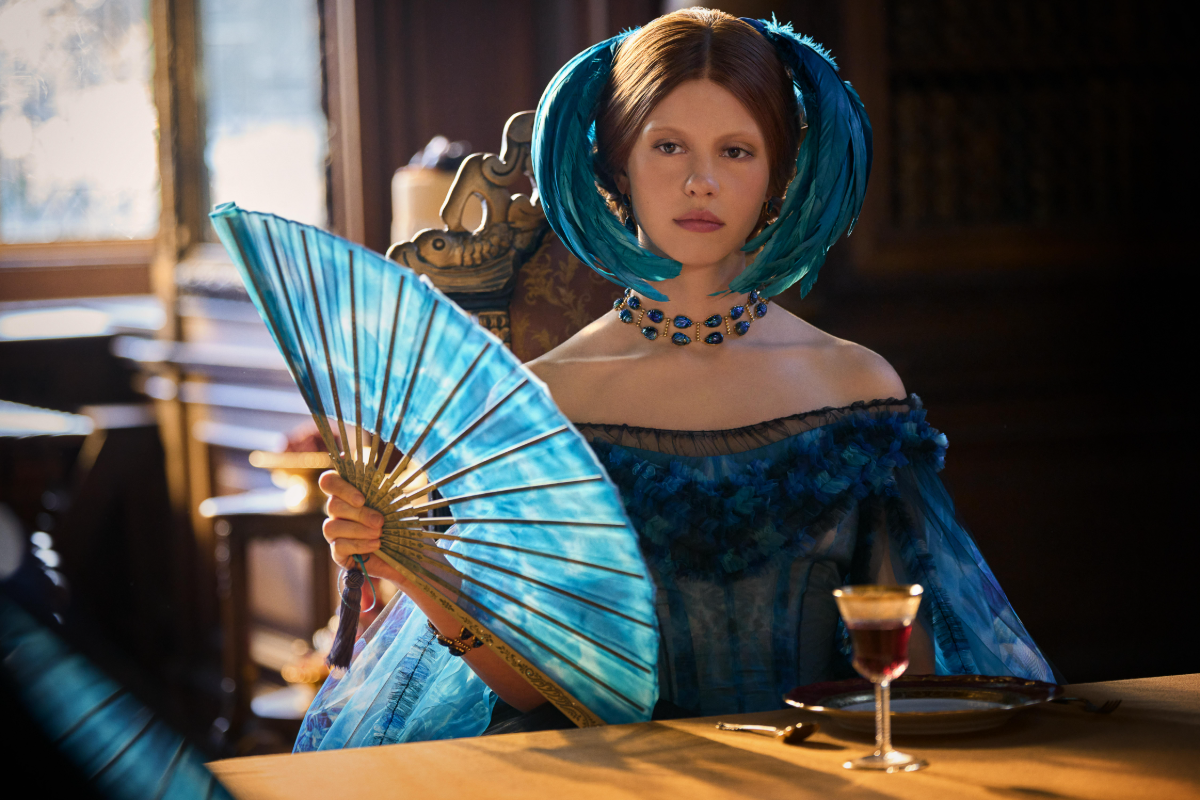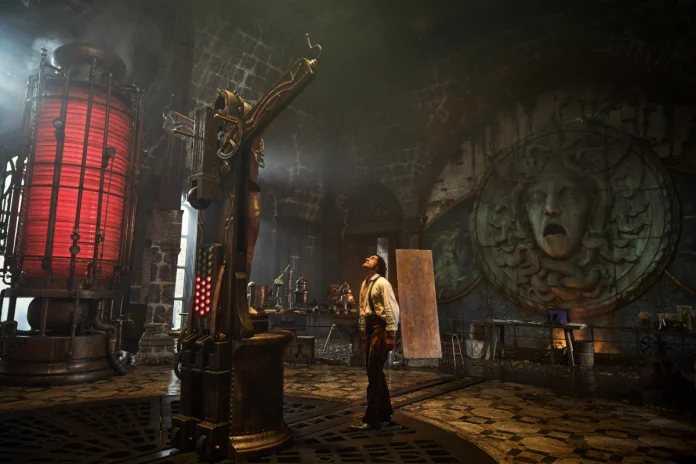Guillermo del Toro’s Frankenstein blends scares, faith, tragedy
GUILLERMO del Toro finally gets to make his own Frankenstein, and it is exactly the kind of feverish, hyper gothic passion project you would expect from him.
Instead of doing a straight adaptation of the classic Mary Shelley novel, he pulls the story apart and rewires it through Catholic guilt, obsession and the kind of generational trauma that shapes people long before they ever realise it.

No tragic genius
From the start, the film makes it clear that this is not a story about a misunderstood scientist. Oscar Isaac plays Victor Frankenstein as an egomaniacal genius who thinks he is owed greatness. He is arrogant, narcissistic and genuinely damaged.
His obsession with conquering death stems from his damaged relationship with his surgeon father, a man who neglected and abused him. The moment that defined Victor’s entire worldview was his father’s failure to save his mother during his younger brother William’s birth. Victor carries that resentment such as doctrine and instead of breaking the cycle, he grows into the same kind of man, only far more cruel.

Creature born into chaos
Jacob Elordi’s creature is the opposite. He begins the story basically as an infant, slow and curious, and absorbing the world one sensation at a time. The first book he learns to read is the Bible, which already tells you what kind of story del Toro is telling. Over time, the creature becomes articulate, thoughtful and painfully aware of what existence actually means.
Elordi plays him with this mix of huge physical power and deep emotional innocence. The towering, ragged design makes him look terrifying, but his behaviour never lets you forget he was thrown into life without guidance.
Mia Goth’s dual roles
Mia Goth plays two roles that shape Victor’s entire life. First, she appears as his mother, whose death becomes the root of his obsession with defeating death. Later, she plays Elizabeth Harlander, the woman engaged to Victor’s younger brother William Frankenstein (Felix Kammerer).
Elizabeth is smart, outspoken and completely aware of how arrogant and fragile the men around her are. Victor falls for her. William loves her. Even the creature is drawn to her gentle nature.
Elizabeth sees the creature for what he is: an innocent soul trapped in a body he never asked for. That purity stands in direct contrast to Victor, who constantly paints himself as the victim. Her affection for the creature makes Victor’s delusions and self-pity look even smaller.

Gothic style turned up to eleven
Throughout the film, Victor keeps dreaming of what he believes is an angel, a sign from God that his obsession is justified. These delusions fit perfectly with del Toro’s usual fascination with religion, saints and monsters.
The whole movie has the look and feel of Crimson Peak (2015) mixed with the steampunk flourishes of Hellboy (2004), with a bit of the biblical melancholy he explored in Pinocchio (2022). Fans of classic cinema might also catch one shot in the Frankenstein estate that was lifted straight from Stanley Kubrick’s Barry Lyndon (1975).
The production design is unreal. Almost everything feels like a physical set, not CGI, and you can feel the cold stone, the heavy wood and the icy tundra. It brings a sense of quality that is incredibly rare in modern films. This world looks built, not rendered.
There is also a very classic del Toro instinct here. Since The Shape of Water (2017), he has always been drawn to stories where women choose monsters over men, and the dynamic between Elizabeth and the creature continues that tradition.
Oddly, this is one of the first del Toro films where neither frequent collaborators Doug Jones nor Ron Perlman appears.
Real horror being generational trauma
At its core, Frankenstein is about cycles of abuse. Victor was abused and neglected. He treats the creature the same way. He plays the victim at every turn, and even the audience is tricked into sympathising with him at first because of how del Toro frames the opening. But the moment the full story is told, everything shifts. You see who the real monster is.
By the end, del Toro turns the story into something more emotional than expected. It becomes a quiet reflection on how cycles of cruelty can finally be broken. The film suggests that real strength comes from choosing forgiveness, and that message lands with surprising force, even more than the horror itself.
It really does feel like del Toro poured every gothic instinct he has into this movie. Which makes it even more tragic that local audiences do not get to see it in cinemas. This is a film built for a big screen, not just a quiet debut on Netflix.








